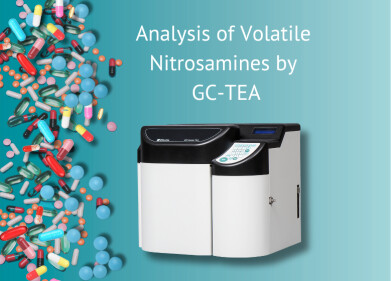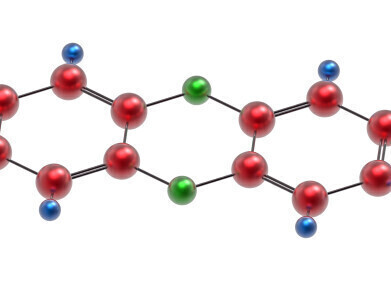GC-MS
Are Artificial Sweeteners Really Helping You Lose Weight? - Chromatography Investigates
Jun 28 2017
A recent study carried out by researchers from Cornell University in the United States and Braunschweig University of Technology in Germany and published in the journal PNAS has found a new biomarker that could be used to indicate a susceptibility for the carrier to put on weight and increase body fat. But the surprising detail is that the biomarker is erythritol - used in recent years as a sugar replacement sweetener in low calorie drinks. So, what is erythritol and will it make you put on weight?
Erythritol - a sugar and an alcohol?
Erythritol belongs to a class of chemicals known as sugar alcohols or polyols - which is a little odd as it is neither a sugar nor an alcohol. Erythritol was discovered in 1848 by John Stenhouse, a Scottish chemist who registered patents for using charcoal in respirators and air filters. It occurs naturally in some fruits such as pears and watermelon and is made from glucose by fermentation with a yeast, Moniliera pollinis.
But it is erythritol’s sweetness that allows it to be used as a sweetener. It is 60 - 70% as sweet as sucrose but has no calorific value - making it ideal to use as a sweetener. Another benefit of erythritol is that it cannot be used as a food by the bacteria in our mouths - so it doesn’t contribute to making our teeth go rotten. A big plus if you want to use it as a sweetener in soft drinks.
Chemical fingerprints
The researchers from Cornell and Braunschweig set out to try to find metabolomic markers that could be associated with weight gain and body fat increases in young adults making the transition from high school to college. Metabolomics is the study of the chemical fingerprints left behind in our bodies because of cellular processes.
It has been found that from the thousands of new students starting university each year, many new students put on weight. The researchers wanted to understand more about how the transition to college affects students through changes in weight, diet and metabolism.
Chromatography up to the mark
The researchers collected blood samples at the start of the college year and again at the end of the end of the first year. The samples were analysed using gas chromatography - mass spectrometry and significant markers were identified using software.
The researchers found that the students who had gained weight and increased their body fat during the year had a significantly higher blood erythritol concentration at the start of the year compared with the students who didn’t put on weight. Further research is needed though to understand how - and indeed if - the high erythritol levels contribute to the student’s weight gain.
Of course, they could just be eating more chocolate. A confectionary that is analysed in this article, Rapid Screening of Volatile and Semi-Volatile Organic Components in Cocoa Beans and Chocolate Products Using a Portable GC/MS System - demonstrating the versatility of chromatography.
Events
Jan 20 2025 Amsterdam, Netherlands
Feb 03 2025 Dubai, UAE
Feb 05 2025 Guangzhou, China
Mar 01 2025 Boston, MA, USA
Mar 04 2025 Berlin, Germany














